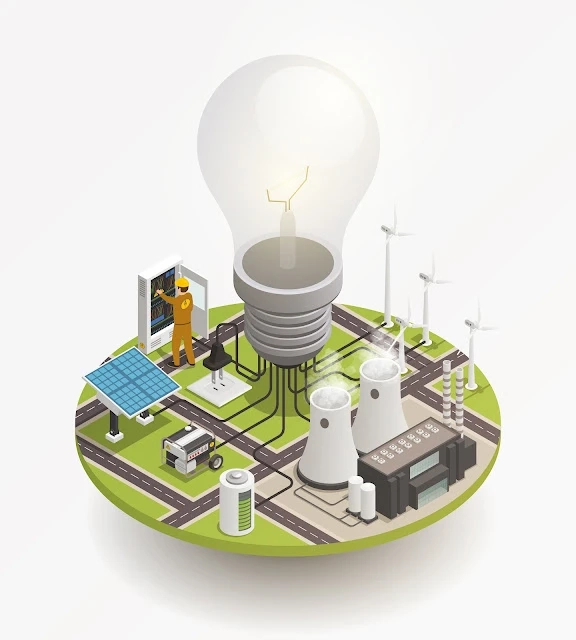With the growing threat of global warming and the ever-depleting amount of non-renewable energy sources (such as coal and fossil fuels), solar energy offers a positive alternative. Solar energy is available in constant and abundant supply, with the Earth receiving about 20,000 times more energy from solar radiation than would be needed to power the entire world. This abundant power supply, along with the fact that NASA estimates our sun will last another 6.5 billion years, proves how sustainable solar energy can be. It provides a long-term source of energy for future generations without the possibility of "over-consumption".
But some still argue that solar energy is not really an efficient source of power; Many people worry that the constant maintenance required for such advanced technology will outweigh the potential benefits. It may come as a pleasant surprise to learn that, although solar energy involves advanced technology, solar-powered systems require relatively little maintenance. This is reflected in the extended warranties offered by most reputable solar manufacturers, who guarantee against defects for 20-25 years.
A major reason why solar power systems require less maintenance is that they have fewer moving parts. Technology that relies on moving parts will subject components to rust, wear, or wear due to repeated use; These systems require regular servicing to keep everything working efficiently. But most solar-powered systems require few (if any) moving parts, which means minimal regular service and little chance of repairing or replacing internal components.
One of the most widely used forms of solar energy is the installation of solar panels, whether in an industrial or residential setting. Solar panels require regular inspection to ensure that a build-up of dust and debris isn't interfering with the panel's ability to efficiently absorb sunlight, but it can be as simple as a quick visual check... If cleaning is required (cleaning required depends on general weather conditions in the area) a quick rinse is often required (always follow the manufacturer's instructions for cleaning and do not spray cold water on hot panels).
If more regular cleaning is required, automatic sprinkler systems can be installed and programmed for regular washing. In areas where shared solar panels or community solar gardens are introduced (a popular concept in the United States, where an estimated 1 in 5 solar panels in homes are unsuitable for installation), ongoing maintenance is further reduced, as Many families can share the responsibility.
With the ongoing advancements in technology around solar energy, this power source is now being used for many purposes. For example, many countries are investing in solar-powered street lights in an effort to reduce carbon emissions and lower running costs. Unlike traditional street lights, solar-powered lights require minimal wiring which makes them less susceptible to connection problems. These self-contained lights are designed to run off their individual solar-powered batteries, allowing for minimal maintenance and repair work. The extended life of the solar globe also reduces the need for regular globe changes, further reducing care and maintenance.
It is clear that solar energy provides a sustainable and low-maintenance source of electricity, and ongoing research promises to provide systems that will require ever-lower levels of maintenance in the future.


